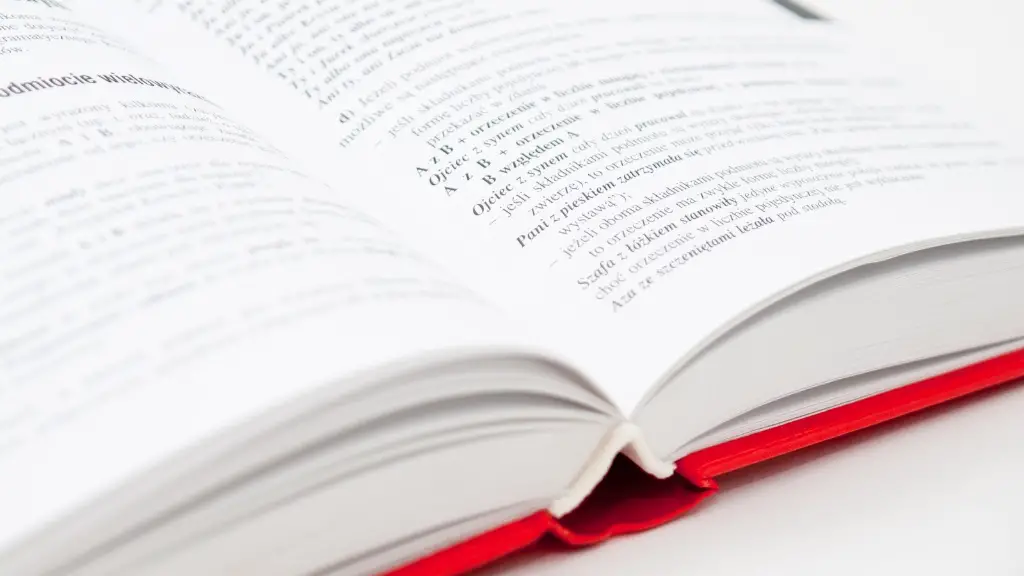Types of Poetry
Poetry is a literary art form whose main purpose is to use language to convey emotions, ideas, and messages. Depending on the type and style of poetry, it can convey a variety of feelings, including joy, anguish, sorrow, and calm. Though poetry has been around since ancient times, it’s still a beloved form of expression today. This article explores the many different types of poetry, the purposes they serve, and how they can be used in your own work.
Traditional Forms of Poetry
When people think of traditional poetry, they usually refer to the forms that developed in antiquity. These forms, such as haiku and sonnets, have been around for centuries, yet they remain popular today. Haiku, for example, is a short, three-line poem that focuses on a single thought or idea. It is best known for its intense focus on nature and its simple, repeating syllable pattern. Sonnets, on the other hand, are longer poems that often address a single subject, such as a beloved or a philosophical concept. They’re most often written in rhyme and contain fourteen lines.
Modern Types of Poetry
In the last century or so, poets have experimented with new and innovative forms, such as free verse, spoken word, and visual poetry. Free verse is defined by its lack of traditional meter, while spoken word focuses on the delivery and performance of the text. Visual poetry, meanwhile, is a form where the words themselves take the form of a picture or graphic design. Interestingly, some traditionalists disapprove of these modern forms, while others embrace them as ways to push the boundaries of the genre.
The Power of Poetry
At its best, poetry can be an incredibly powerful tool. Poetry has the power to impact and influence emotions and even moods. It can be used to inspire, motivate, and encourage. It can bring healing, comfort, and joy. It can bring back memories, provoke thought, and spark creativity. Through the careful use of words, poets can paint beautiful, evocative pictures. Ultimately, poetry is a way of conveying ideas and feelings in unique and powerful ways.
Writing Poetry
Writing poetry can be an immensely rewarding experience. It’s a way to express innermost thoughts and feelings, to explore and evaluate ideas, and to practice the craft of literary expression. Writing poetry is also a great way to practice creativity. With the right combination of words, writers can create a work of beauty and power.
The Benefits of Poetry
There are numerous benefits to writing and reading poetry. First, poetry can help foster creativity, which is essential in any field. Poetry can be used as a form of self-expression and can help one think more deeply about the world and one’s place in it. Reading and discussing poetry can also strengthen language skills, as well as allow one to gain insight into different cultures and perspectives.
The Role of Poetry in Society
Poetry has been an important part of many cultures for centuries. It has been used for storytelling, for education, and for political expression. In many cultures, poetry is still considered a sacred art form. Poetry has been used to convey the struggles and joys of the human condition. It can be used to create a sense of community, to provide comfort, and to bridge gaps.
Conclusion
There are many different types of poetry, ranging from traditional forms such as haiku and sonnets to modern forms like free verse and visual poetry. Each type of poem has something unique to offer in terms of tone and style, offering something for everyone. Poetry is a powerful and timeless art form that has the power to affect emotions, spark creativity, and bring people together. Whether you enjoy writing or simply reading poetry, it can be a great way to explore the power of words.


